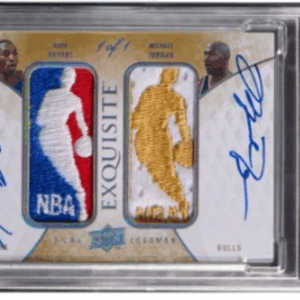More than 80 years have passed since baseball icon Lou Gehrig’s untimely death, yet his influence continues to resonate with fans worldwide. In honor of Lou Gehrig Day, MLB Auctions has initiated a remarkable fundraising campaign to benefit the Sean M. Healey & AMG Center for ALS, dedicated to advancing research and treatment for the disease synonymous with Gehrig.
Commencing on June 2, enthusiasts will have the chance to bid on unique Gehrig Day baseball cards, each representing a different MLB team. These special cards were selected by MLB writer Sarah Langs, who is battling ALS and will be recognized by the Phillies on Lou Gehrig Day at Citizens Bank Park.
The players featured on these distinctive cards hold significance, chosen for their statistical connection to Gehrig, their advocacy for the ALS community, or their unwavering passion for baseball. The auction not only offers these exclusive baseball cards but also presents an invaluable “Priceless New York Yankees” experience courtesy of Mastercard.
ALS, commonly known as Lou Gehrig’s Disease, is a progressive and devastating neurodegenerative disorder affecting nerve cells, resulting in muscle weakness and degeneration. In the United States, around 30,000 individuals are impacted by ALS, with a staggering 500,000 affected globally. This disease disregards boundaries of age, race, and gender, with no existing cure.
By participating in this auction, fans directly contribute to initiatives striving to enhance treatments and improve the quality of life for those battling ALS. This event highlights the solidarity and impact of the baseball community coming together for a cause that transcends the boundaries of sport.
Notable players featured on these special Gehrig Day cards include renowned names such as Mike Trout of the Angels, Yordan Alvarez of the Astros, and Shohei Ohtani of the Dodgers, among others. Each card serves as a symbolic link between baseball’s rich heritage and the ongoing battle against ALS, making these collectibles essential for both their sentimental value and their potential to drive progress in a critical health struggle.






